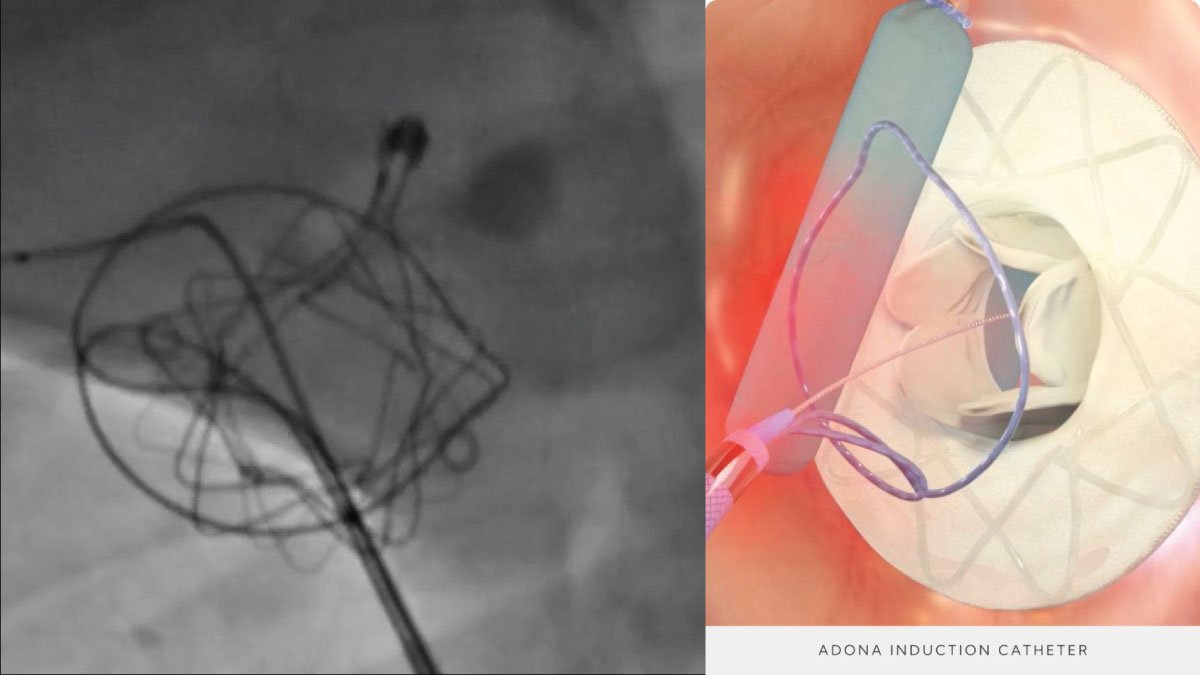AI Predicting Infertility in male with Unprecedented Accuracy

Recent advances in artificial intelligence (AI) have led to the development of a highly accurate method where AI predicting infertility in men. This revolutionary technology, which uses a blood test instead of traditional semen analysis, promises significant improvements in diagnosis and treatment.
Revolutionizing the Diagnosis of Male Infertility
Researchers have harnessed the power of AI to create a revolutionary method for predicting infertility. The study, conducted by a team of scientists in Japan, used a machine learning algorithm to analyze hormone levels in blood samples. This approach eliminates the need for semen samples, making the process less invasive and more accessible. The AI model, developed using AutoML Table, demonstrated a high accuracy rate in identifying infertility issues by looking at specific hormonal markers.
Advantages of AI Predicting Infertility:
- Non-Invasive Test: The main advantage of this AI-based method is the non-invasive nature of the test. Traditional semen analysis can be uncomfortable and stigmatizing for many men. By using a simple blood test, the AI model offers a more convenient and less stressful alternative.
- High Accuracy: The AI model’s ability to analyze complex hormonal data results in a higher accuracy rate than conventional methods. This allows men to receive an accurate diagnosis, which in turn allows for more targeted treatment.
- Early Detection: AI systems can identify infertility problems at an earlier stage, providing opportunities for rapid intervention and better outcomes. Early detection is essential for effective treatment of fertility problems.
- Broader Accessibility: The simplicity of the blood test facilitates its implementation in a variety of health care settings, including primary care clinics. This could significantly increase access to infertility testing for men worldwide.
Potential Applications in AI Predicting Infertility
- Integration into Healthcare Systems: Another key advantage is AI technology and its ability to integrate with existing healthcare infrastructure. By incorporating this AI model into electronic medical records and diagnostic tools, healthcare providers can adopt new approaches seamlessly without major disruption.
- Wearable Device Development: There is potential for wearable devices that use AI models to test fertility on-site. These devices could be particularly useful in remote or hard-to-reach areas where access to fertility clinics is limited.
Future Trends in AI-based Fertility Solutions
- Advances in AI Algorithms: Future developments in AI algorithms are likely to further improve the accuracy and reliability of infertility predictions. Continued improvements in machine learning models will refine the analysis of hormonal data, leading to better diagnostic tools.
- Expanding Applications: The success of this AI model in predicting male infertility has paved the way for similar applications in other areas of reproductive health. Researchers have explored AI-based solutions for diagnosing female infertility and other related conditions.
- Global Impact: As AI technology becomes more integrated into healthcare systems around the world, the global impact on infertility diagnosis and treatment will be profound. Improved accessibility and accuracy will help address fertility issues on a larger scale, benefiting countless individuals and couples.
Conclusion:
The innovative use of AI to predict male infertility through blood testing marks a major milestone in the field of reproductive health. With many advantages, including non-invasive testing, high accuracy and broader accessibility, this technology is poised to revolutionize the diagnosis and treatment of infertility. As AI continues to advance, the future of fertility solutions is bright with the potential to bring significant benefits to healthcare.




















